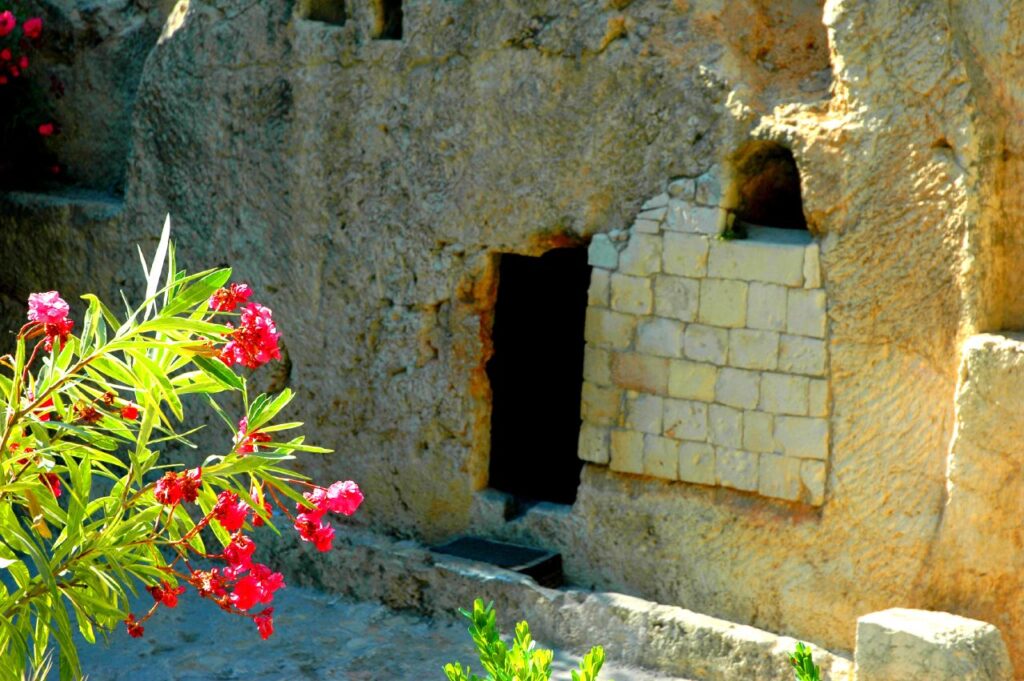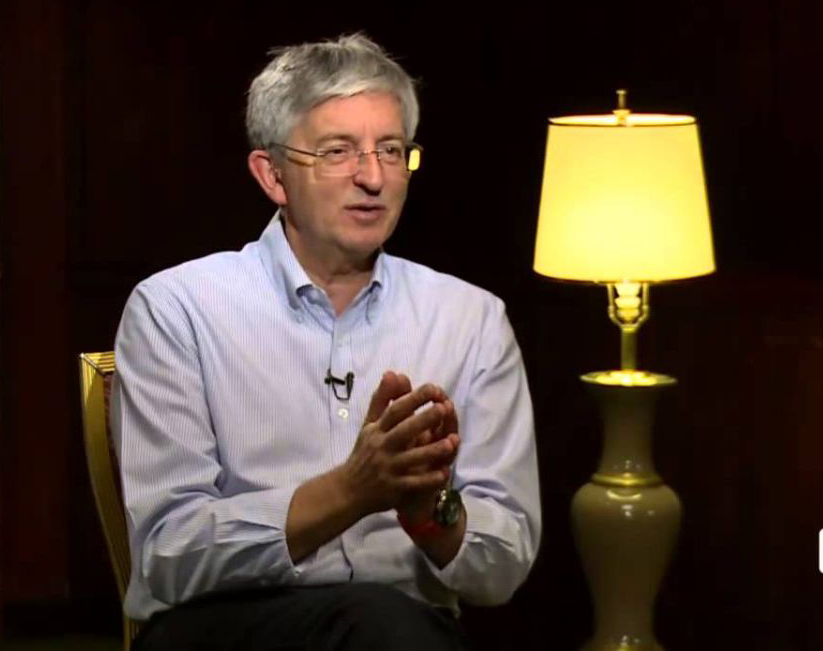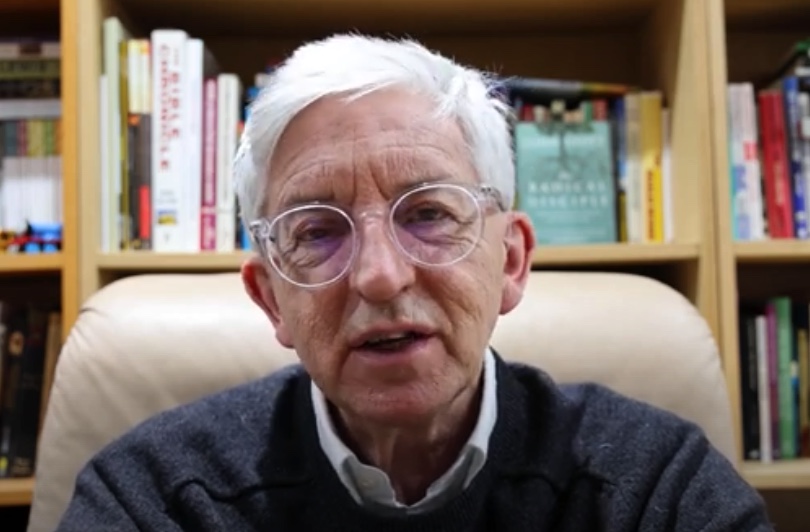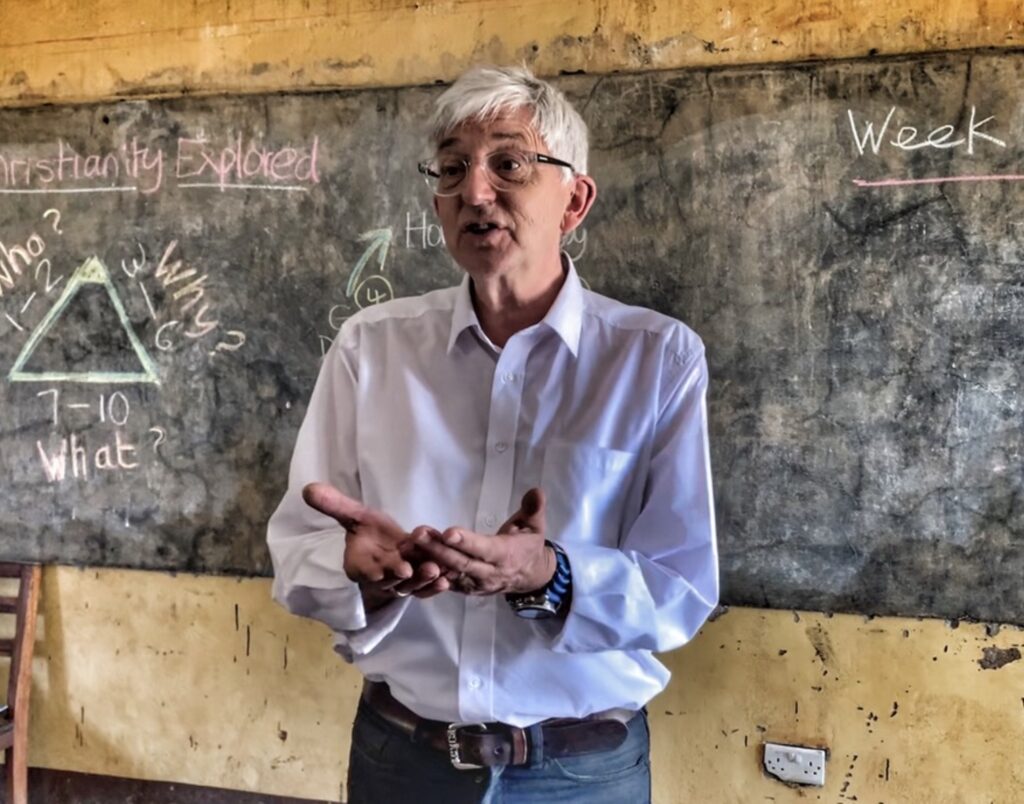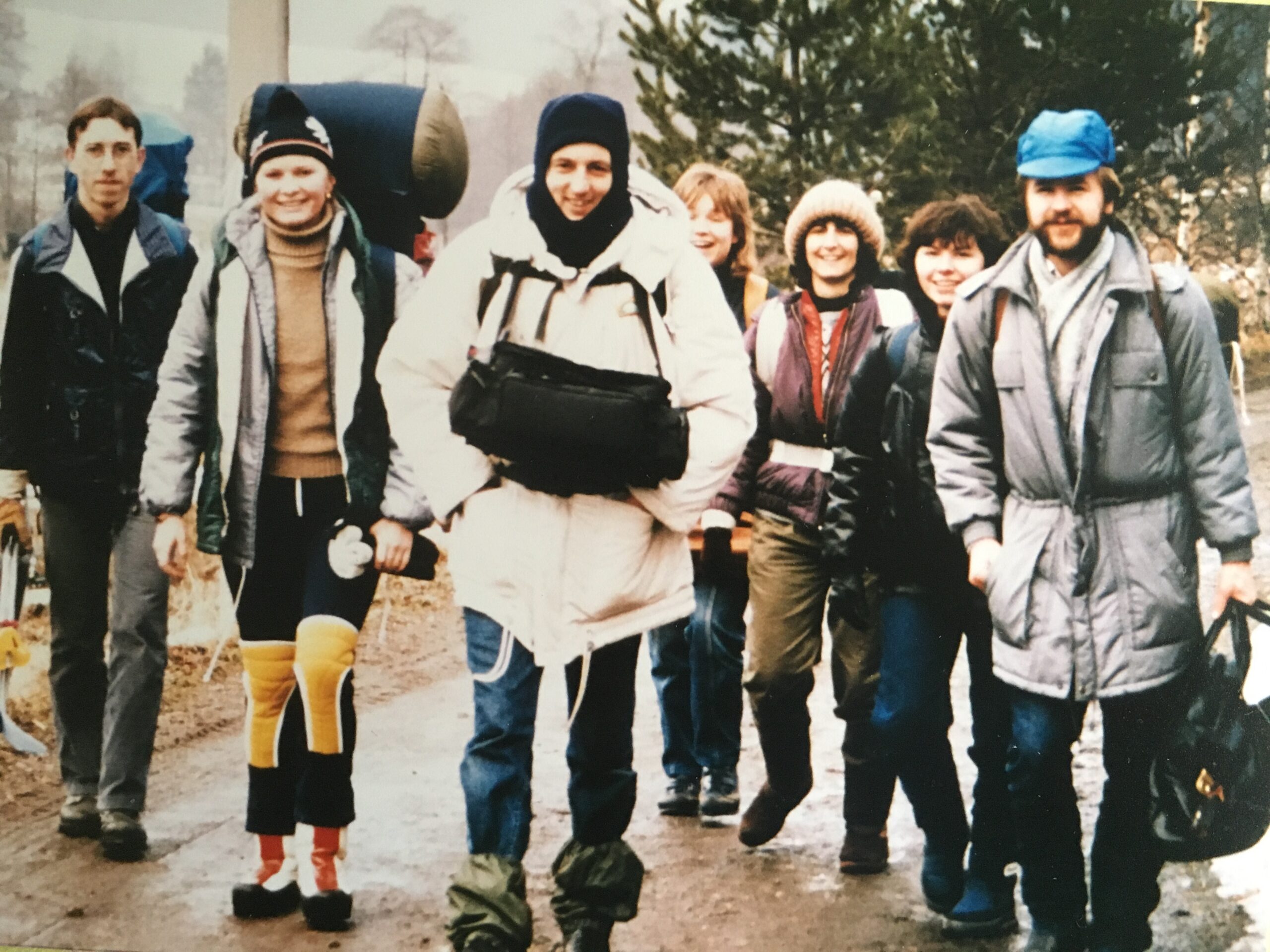The Beaufort scale measures…. wind speed. The Richter scale measures…. earthquakes. The Engels scale measures… faith. That’s right – faith. The Engel scale was developed by James F. Engel, as a way of representing the journey from no knowledge of God, through to spiritual maturity as a Christian believer.
Everyone in the world, and everyone who has ever lived, is somewhere on the Engel’s scale. The Engel’s scale is helpful in identifying where people are in their spiritual journey and how best to help lead them to Jesus Christ. In our gospel reading today, we can observe that as people encountered Jesus, three kinds of faith were exposed. Only one will do. Some had doubting faith, some displayed an unbelieving faith and some evidences a saving faith. Lets consider each and decide which one best describes yours. Which of the three are you relying on today?
Continue reading


